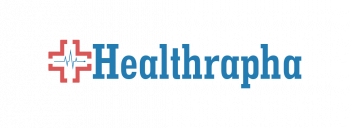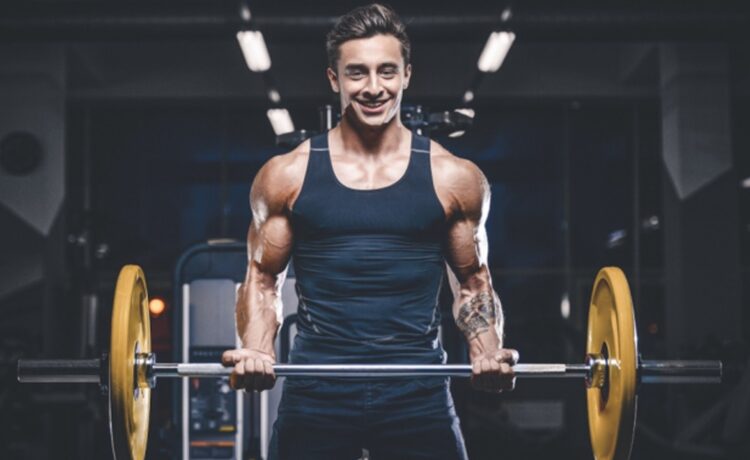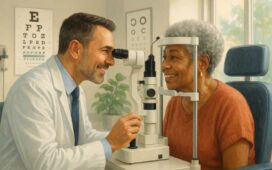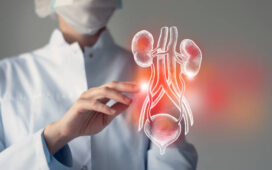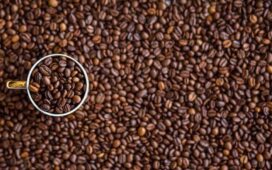Human growth hormone (HGH) is a peptide hormone naturally produced by the pituitary gland, a small gland located at the base of the brain. This essential hormone plays a vital role in regulating numerous bodily functions, including cell growth, tissue repair, metabolism, and the development of muscle and bone. As people age, typically around 30 years old, the body’s natural production of HGH starts to decline. This decrease leads to various age-related changes, such as reduced muscle mass, increased body fat, and decreased physical performance. This decline is especially problematic for athletes, as it can limit their ability to maintain optimal physical condition and achieve performance goals.
Considerations for purchasing HGH for athletes
When it comes to obtaining HGH for athletic performance enhancement, it is crucial to exercise caution and work with reputable and licensed providers. Attempting to purchase HGH online or from unverified sources is extremely risky, as the authenticity, safety, and legality of the product cannot be guaranteed. Unregulated HGH products may contain dangerous substances, be improperly administered, or even be counterfeit, putting the athlete’s health and well-being at serious risk. ordering hgh for performance enhancement may be subject to legal and regulatory restrictions, depending on the athlete’s sport and governing body. To ensure a safe and effective HGH treatment, it is recommended to consult with a qualified healthcare professional, such as a sports medicine specialist or endocrinologist. These medical experts conduct a thorough evaluation, including blood tests and a comprehensive assessment of your overall health, to determine if HGH therapy is a suitable option for you.
Importance of proper dosage and monitoring
The administration of HGH for athletic performance enhancement requires careful consideration and ongoing monitoring. Incorrect dosage or improper use leads to adverse side effects, such as joint pain, swelling, headaches, and even an increased risk of certain medical conditions. Your healthcare provider will work with you to determine the appropriate dosage based on your needs, medical history, and desired performance goals. They will also closely monitor your progress, adjusting the treatment plan as necessary to ensure the safe and effective use of HGH. Following the prescribed treatment plan and maintaining regular check-ups with your healthcare provider is crucial. This allows for timely detection and management of potential side effects and the ability to make necessary adjustments to your HGH regimen.
Alternatives to HGH for athletic performance enhancement
For athletes who may not be suitable candidates for HGH therapy or prefer a more natural approach, there are alternative options to consider:
- Optimized nutrition and supplementation – Ensuring a balanced diet rich in essential nutrients and the strategic use of sports supplements help support the body’s natural production of HGH and other performance-enhancing hormones.
- High-intensity interval training (HIIT) – Engaging in HIIT workouts has been shown to naturally stimulate the release of HGH, leading to improvements in muscle mass, fat burning, and overall athletic performance.
- Resistance training – Strength-building exercises, such as weightlifting and plyometrics, help increase the body’s natural HGH production, enhancing muscle development and physical capabilities.
- Sleep optimization – Ensuring adequate, quality sleep is crucial for the body’s natural HGH production and overall athletic recovery and performance.
Suppose you are an athlete interested in using HGH to enhance your physical abilities. In that case, we encourage you to schedule a consultation with a qualified healthcare provider to assess your needs and help you develop a safe and effective treatment plan. Unlock your true potential and take your athletic performance to new heights with the power of HGH.
